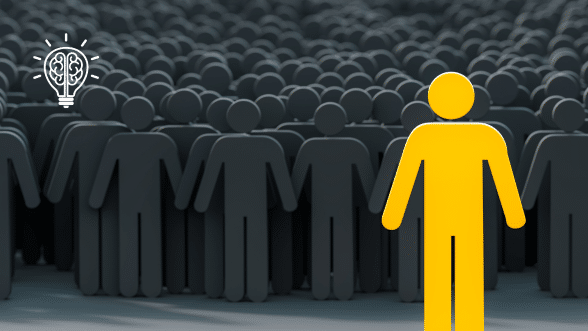What is Cognitive Behavioral Therapy (CBT) and how does it work?
Cognitive Behavioral Therapy (CBT) is a form of psychological treatment that has been demonstrated to be effective for a range of problems including depression, anxiety disorders, alcohol and drug use problems, marital problems, eating disorders, and severe mental illness. It works by changing people’s attitudes and their behavior by focusing on the thoughts, images, beliefs, and attitudes that are held (a person’s cognitive processes) and how these processes relate.
What types of disorders can CBT treat?
CBT has been shown to help with various disorders, including depression, anxiety disorders (such as panic disorder and social phobia), post-traumatic stress disorder (PTSD), eating disorders, obsessive-compulsive disorder (OCD), and insomnia.
How long does a typical CBT treatment last?
A typical CBT treatment generally lasts between 5 and 20 weekly sessions, with each session lasting approximately 30 to 60 minutes.
Can CBT help with anxiety and depression?
Yes, CBT is highly effective in treating both anxiety and depression. It helps individuals learn how to identify and challenge distorted.
What are the differences between CBT and other therapy methods?
CBT is more focused on the present, practical strategies to change specific thought and behavior patterns, unlike some other forms of psychotherapy that focus more on the underlying subconscious reasons for distress. CBT is also typically more structured and goal-oriented.
Is Cognitive Behavioral Therapy effective in the long term?
Yes, CBT has been shown to have long-lasting effects beyond the end of treatment. Many studies have shown that CBT can continue to benefit individuals for years after treatment has ended.




